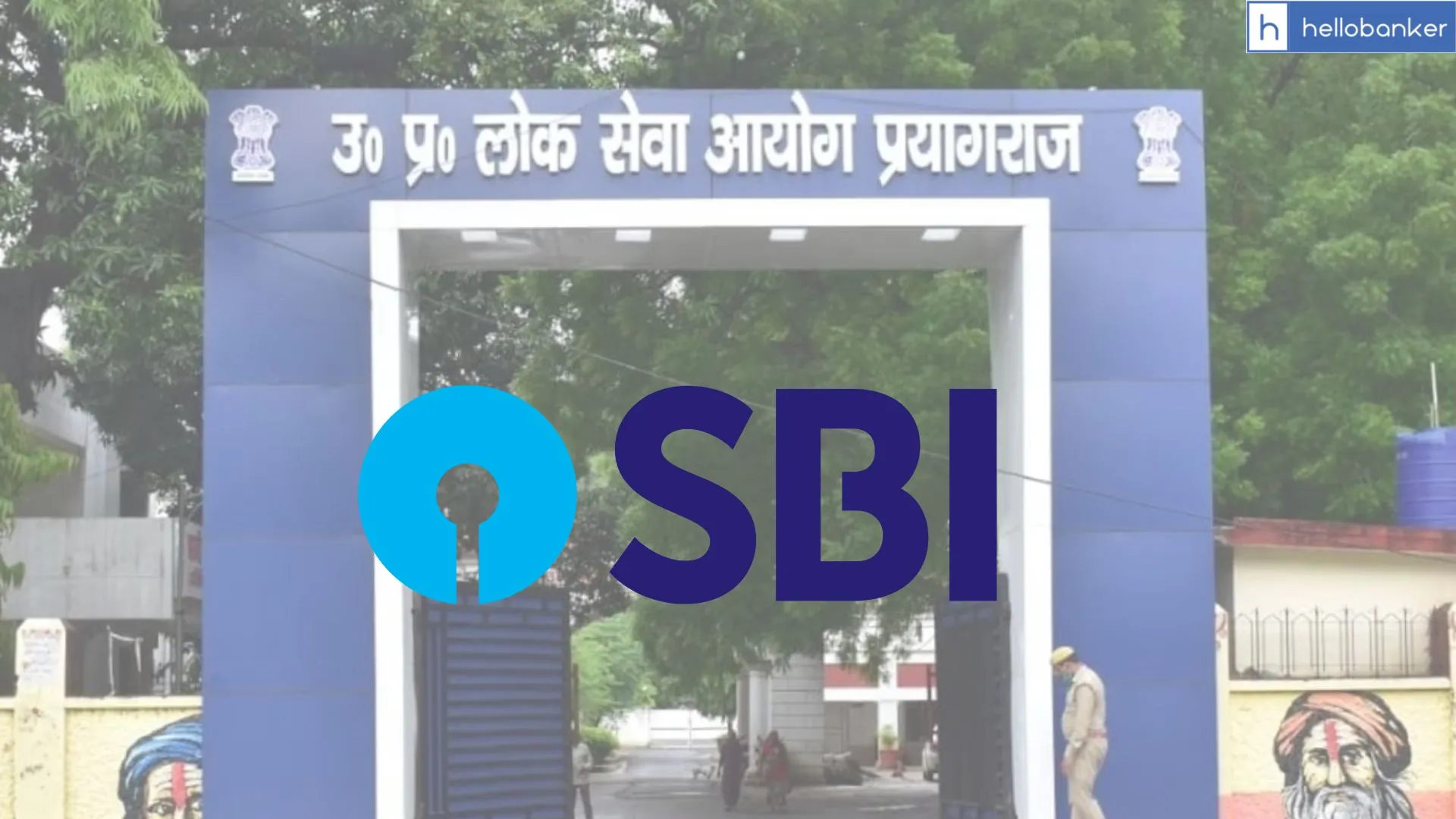The District Consumer Disputes Redressal Commission, Kanpur Nagar, has directed the State Bank of India (SBI) to pay ₹7,00,000 as compensation to an advocate who could not appear for a recruitment examination because the bank failed to deposit his examination fee. The Commission said this failure caused “irreparable physical, mental, and economic loss” to the complainant.
The complaint was filed on October 16, 2018, by Mr. Avnish Verma, an advocate, against SBI Chairperson, SBI Nodal Officer and Branch Manager, SBI Krishna Nagar Branch, Kanpur Nagar
Mr. Verma had qualified for the Assistant Prosecution Officer (A.P.O.) 2015 preliminary examination, conducted by the UP Public Service Commission (UPPSC). To appear for the main examination, he deposited the required fee of ₹225 at the SBI Krishna Nagar branch on December 7, 2015.
However, the bank clerk did not deposit the fee into the UPPSC account. Instead, the clerk issued a general receipt (No. 41514396), which was not valid for the examination process. Mr. Verma alleged that this happened due to the negligent, careless, and malicious conduct of the bank employee.
As per the exam rules, the candidate had to update the fee details on the UPPSC website.
Mr. Verma tried to update the information two days after depositing the fee, but the update was unsuccessful. The bank simply informed him that there was a “technical issue” and asked him to try again later. On December 11, 2015, the update again failed.
Unfortunately December 12, 2015 was Second Saturday (bank holiday) and December 13, 2015 was Sunday (UPPSC deadline). Because of this, he could not complete the process and ultimately missed the opportunity to appear in the A.P.O. 2015 Main Exam. Mr. Verma stated that this mistake caused serious damage to his career prospects, along with mental and financial loss.
Complaint to Banking Ombudsman
On December 11, 2015, the complainant filed a complaint before the Banking Ombudsman, RBI. In response, the SBI Branch Manager issued an apology letter on April 8, 2016, admitting the mistake.
Later, the Banking Ombudsman ordered SBI to pay ₹10,000 compensation, which Mr. Verma did not accept. He then approached the Consumer Commission seeking ₹20,00,000 compensation.
SBI officials did not appear before the Commission despite being served notices. As a result, the Commission proceeded ex-parte on May 14, 2019. Although SBI later filed a recall application, they did not pay the cost of ₹300 imposed by the Commission. Their written statement was therefore declared inadmissible on November 17, 2022, and they were not allowed to present evidence.
The complainant, however, submitted strong documentary proof, including Fee deposit receipt, UPPSC notifications, Complaint to Banking Ombudsman, SBI apology letter, Marksheets and other documents showing past exam performance.
Commission’s Findings
The Commission held that:
- SBI clearly failed to deposit the fee.
- The mistake prevented the complainant from appearing in a major competitive exam.
- This caused irreparable loss to his career.
- The bank admitted its mistake through the apology letter.
- Even the Banking Ombudsman had found SBI at fault.
Possibility of Selection
To evaluate the career loss, the Commission considered the complainant’s past performance:
- In A.P.O. 2007, with 100 posts, he scored 203 marks, while the OBC cut-off was 212 (missed by just 9 marks).
- In A.P.O. 2015, there were 372 posts, meaning he had a strong chance of qualifying and being selected.
Because the bank did not deposit the fee in time, he lost this opportunity, causing long-term career impact. SBI, on the other hand, failed to present any evidence in its defense.
Final Order of the Commission
The Commission partially allowed the complaint and ordered SBI (all opposite parties jointly and severally) to:
- Pay ₹7,00,000 (Seven Lakh) as lump sum compensation For the complainant’s career loss and mental, physical, and financial suffering.
- Pay 7% simple annual interest From the date of filing the complaint (October 16, 2018) till actual payment.
- Pay ₹10,000 as litigation cost.
The bank must comply with the order within 45 days from the date of judgment.
